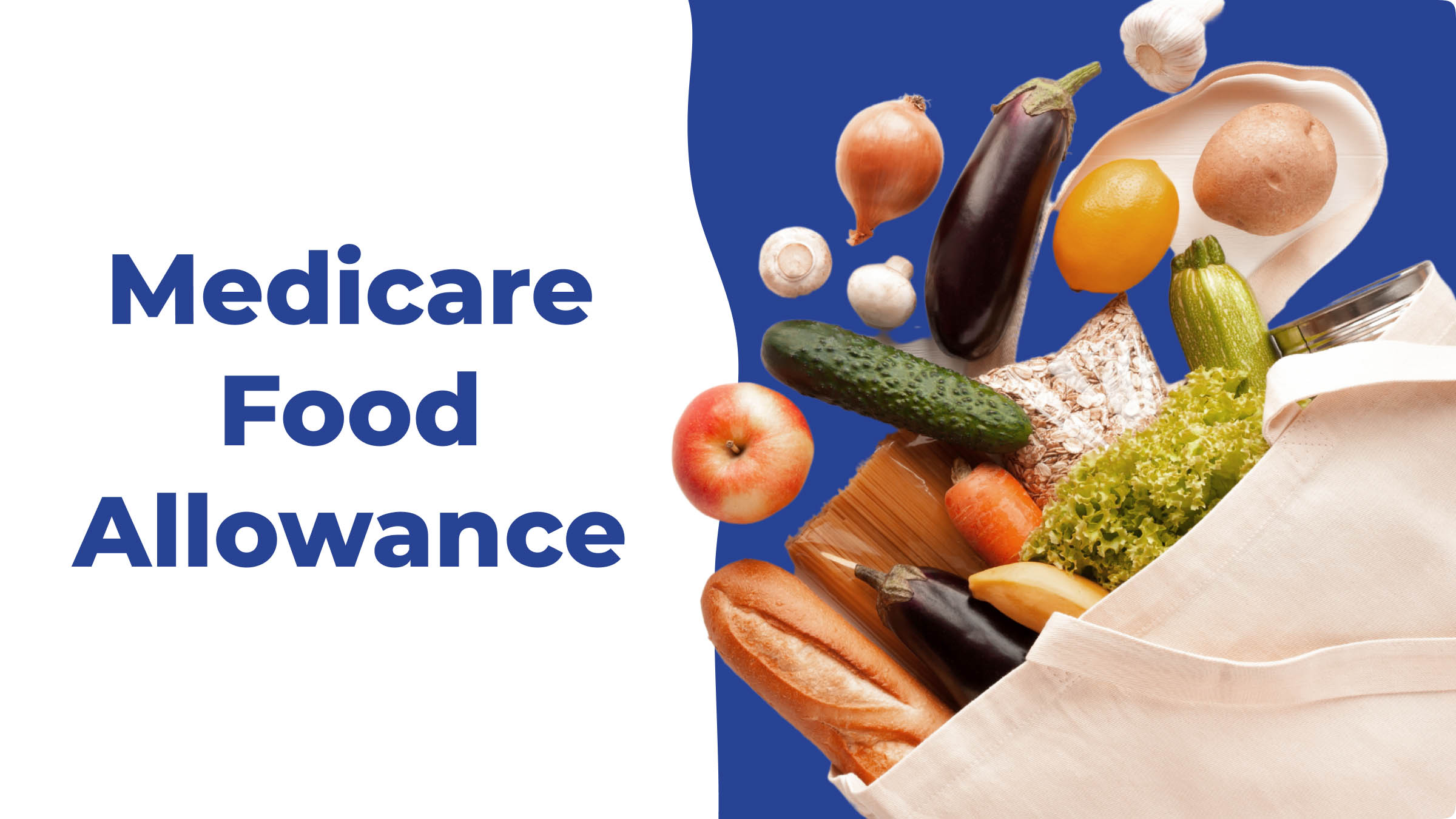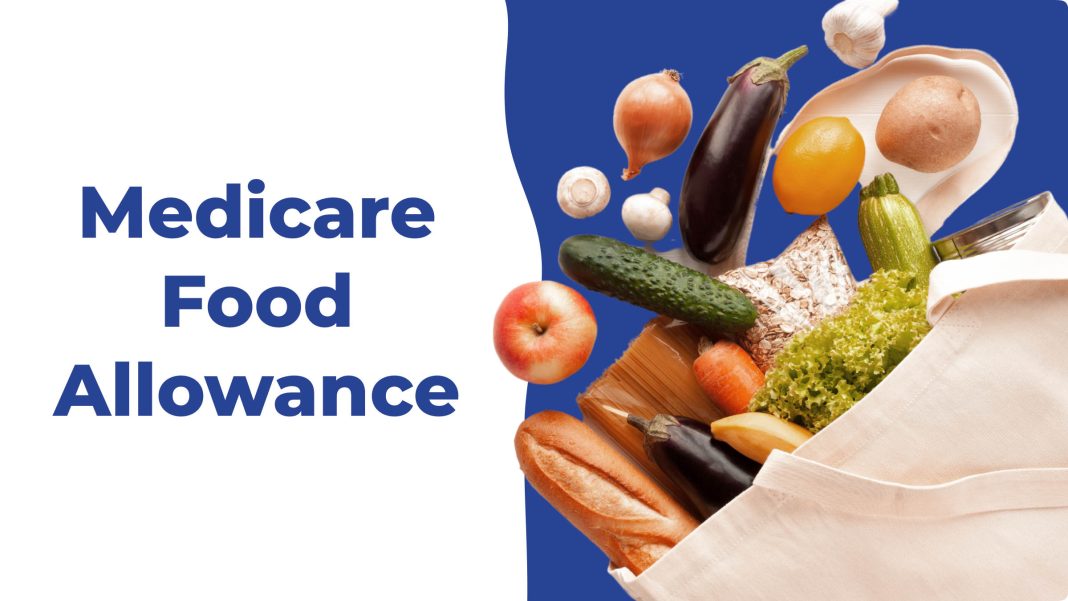 Government food benefits are failing to meet the needs of low-income American families who are struggling with high food costs caused by persistent inflation, according to a recent report by the Robert Wood Johnson Foundation. The report found that the Supplemental Nutrition Assistance Program (SNAP) benefits did not cover the cost of a modestly priced meal in 98 percent of U.S. counties last year.
Government food benefits are failing to meet the needs of low-income American families who are struggling with high food costs caused by persistent inflation, according to a recent report by the Robert Wood Johnson Foundation. The report found that the Supplemental Nutrition Assistance Program (SNAP) benefits did not cover the cost of a modestly priced meal in 98 percent of U.S. counties last year.
The report highlights that the annual cost of living adjustments (COLA) for the SNAP program had little effect on the generosity of SNAP benefits in 2023. In the fourth quarter of that year, the average maximum benefit of $2.84 per meal was 53 cents lower than the cost of a modestly priced meal, which was $3.37. This gap between the cost of a meal and the SNAP benefit was even larger in urban regions compared to rural areas.
The report also warns that any further reduction in SNAP funding would make it even more difficult for program beneficiaries to access healthy and nutritious food. This is a concerning issue considering the rising inflation that has significantly impacted everyday commodities. Under the Biden administration, the Consumer Price Index (CPI) has risen by over 19 percent.
The rising grocery costs have forced many families to take on debt to pay their bills. An analysis by the Urban Institute found that 60.5 percent of U.S. adults reported using credit cards to buy groceries in 2023. Additionally, 20 percent of them failed to pay the full balance of their credit dues and could only make the minimum required payments. Furthermore, 7.1 percent of adults could not even make their minimum payments.
Those who experienced very low food security last year were more likely to rely on payday loans and savings for grocery purchases while struggling to repay debts. More than half of these individuals used up their savings to pay for food, and one in ten used cash from payday loans to buy groceries.
The situation is further exacerbated by the Federal Reserve’s decision to raise interest rates in response to rising inflation. The high rates, combined with elevated inflation, are putting tremendous pressure on the American economy and households. Although the Fed has hinted at reducing interest rates, it has not yet announced a plan or timeline.
A recent survey by the University of Michigan showed that Americans do not expect inflation to ease down anytime soon. This can have negative consequences for the economy, as higher inflation expectations can lead to panic buying and demands for higher wages. A Gallup poll also revealed that the percentage of Americans listing inflation as the most important problem facing their family reached a new high for the third year in a row in 2024.
President Biden has acknowledged the issue and stated that fighting inflation and lowering costs is his top economic priority. He has proposed initiatives such as building two million new homes, tackling high drug prices, and urging grocery chains to reduce prices to give American families some breathing room.
However, Senate Republican Leader Mitch McConnell criticized the Biden administration for failing to control inflation and making the lives of Americans more difficult. He pointed out that prices have increased by 20 percent since January 2021, and the average U.S. household has to spend an additional $1,074 every month to maintain the same standard of living.
In conclusion, the report by the Robert Wood Johnson Foundation highlights the insufficient coverage of SNAP benefits compared to the cost of a modest meal in the majority of U.S. counties. This issue is further compounded by rising inflation and grocery costs, forcing many families into debt. The Federal Reserve’s decision to raise interest rates adds additional pressure on households and the overall economy. President Biden has recognized the problem and proposed measures to alleviate the burden on American families. However, critics argue that more needs to be done to control inflation and provide relief to struggling households.


